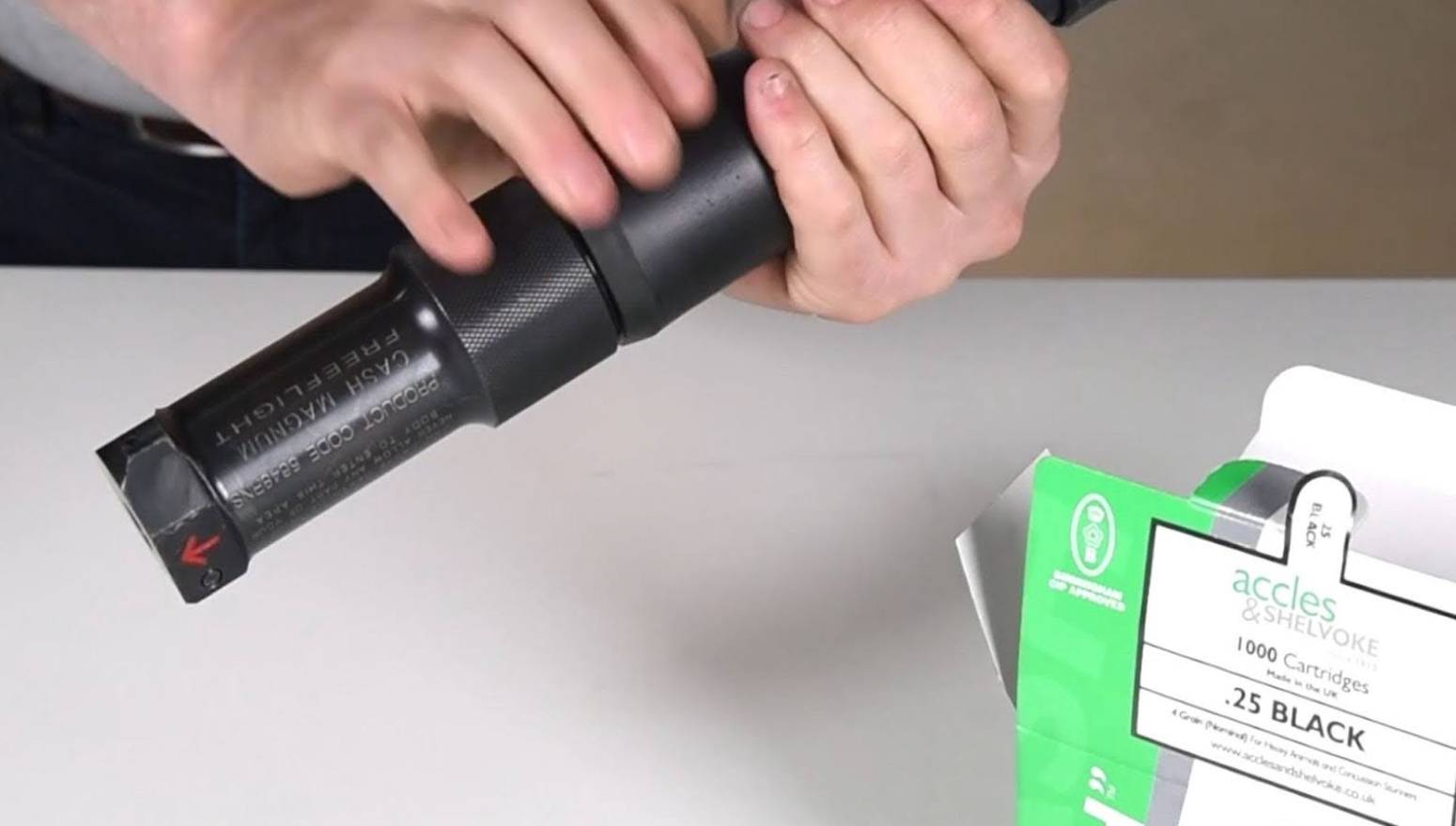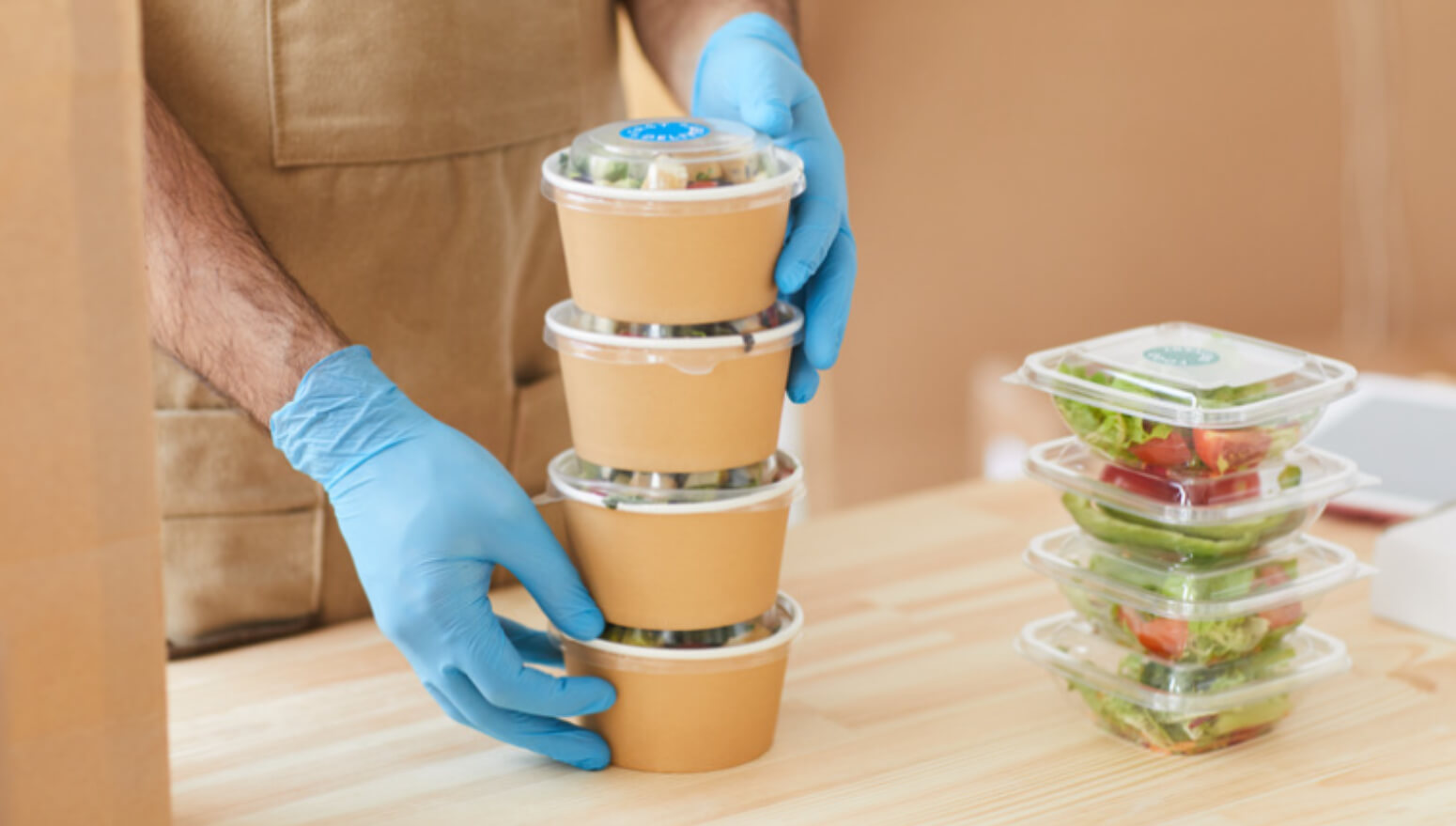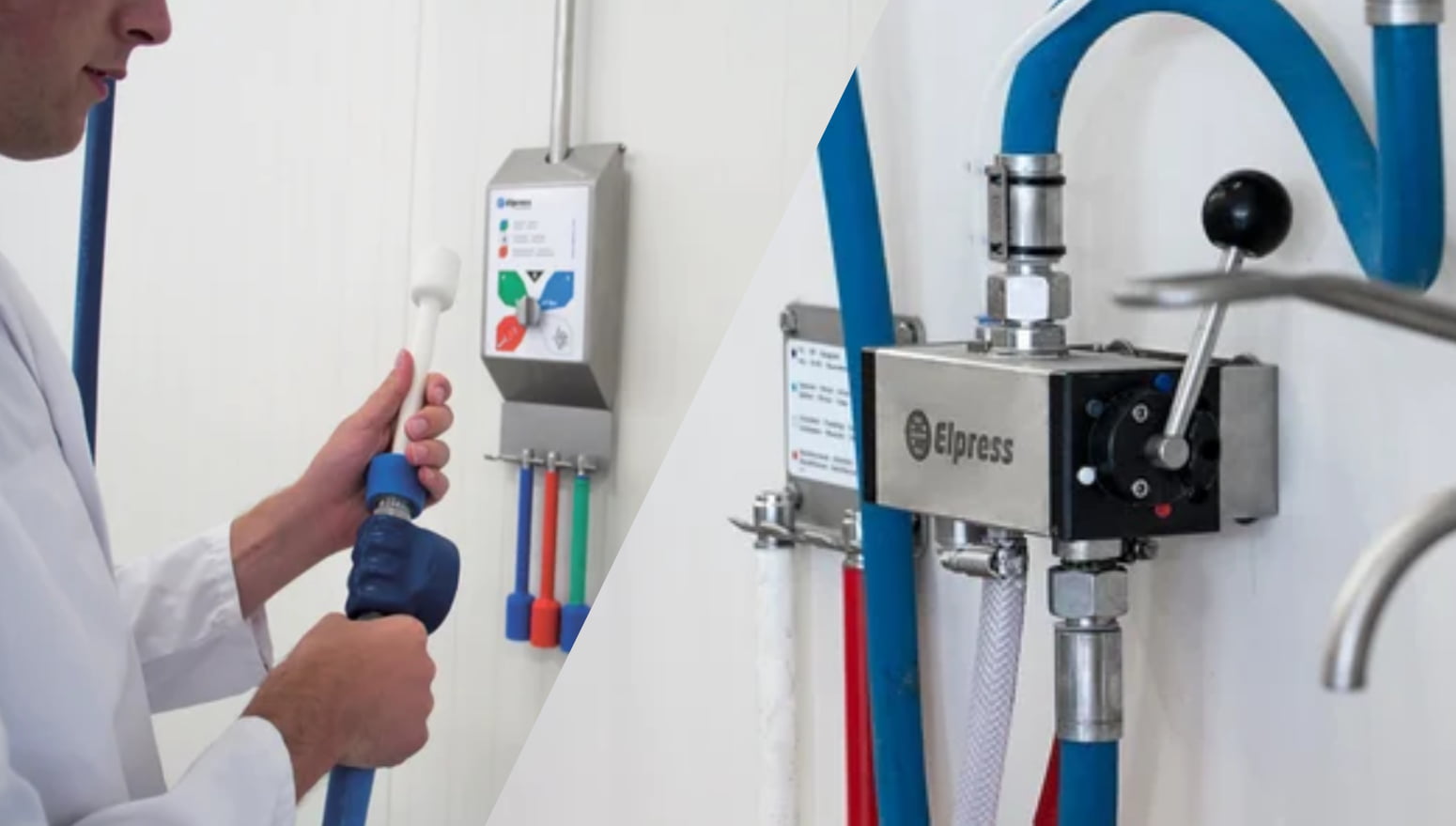The demand for halal meat products is on the rise globally, leading to the emergence of new suppliers catering to this market. Many consumers seek halal-certified products to align with their religious beliefs and dietary requirements.
Accles & Shelvoke have addressed concerns regarding both religious adherence and animal welfare by developing captive bolt stunners ensuring humane stunning while maintaining the principles of halal slaughter.
Overview
- Understanding Halal slaughtering in Australia
- Growing demand for Halal meat
- Certification and regulation for Halal meat in Australia
- The debate on stunning
- Modern solutions for halal certified meat: captive bolt stunners
Understanding Halal slaughtering in Australia
The relationship between religion and consumer preferences demonstrates the formative role that religion plays in influencing the choice of food consumption.
Many religious traditions contain requirements relating to the preparation and consumption of food. In particular, the Jewish and Islamic religious traditions contain very specific requirements concerning the slaughter and consumption of animals.
Dhabihah, the prescribed method for halal animals, involves a swift and precise incision to the throat with a sharp knife. This cut severs the windpipe, jugular veins, and carotid arteries while leaving the spinal cord intact. Each animal is individually blessed with the invocation of “Bismillah,” signifying the name of Allah.
Growing demand for Halal meat
Demand for halal meat products is on the rise, serving religious communities and secular markets looking for a more ethical meat option that considers animal welfare, creating opportunities for new meat processors catering to this market.
Many consumers seek halal-certified products to align with their religious beliefs and dietary requirements. According to the 2021 Census in Australia, the combined number of people who self-identified as Muslims in Australia, from all forms of Islam, constituted 813,392 people, or 3.2% of the total Australian population.
The global Halal market is estimated to show 6.2% cumulative annual growth to reach $2.2 trillion in 2024. These factors are the main driving forces contributing toward the growth of the Halal market, and potential reasons behind Halal becoming the world’s largest identifiable marketing category.
The opportunities this growing market represents for small and medium enterprises involved in the manufacture and marketing of meat products for Muslims here in Australia and for export overseas can be realised with the right equipment and marketing strategy.
Certification and regulation for Halal meat in Australia
In Muslim-majority countries, halal certification is often regulated by legal authorities. However, in other regions like Australia and New Zealand, companies voluntarily seek certification from non-governmental organisations for an annual fee.
The word ‘Halal’ means permitted or lawful in Islam. This umbrella term refers to all food products, as well as to the method of livestock slaughtering that is consistent with Islamic requirements. Foods that are not Halal are ‘Haram’, or prohibited and unlawful.
Halal certification in Australia requires Halal foods must be free from any substance taken or extracted from a haram animal or ingredient (meat that is not allowed for consumption).
All foods are Halal unless they are Haram, for example, all fruit and vegetables are Halal unless they are contaminated with Haram substances or the production plant contains Haram substances. Many countries, including Australia, have laws requiring stunning before slaughter. Halal stunning must be reversible, requiring customised tools and techniques.
Halal certification in Australia
- Application: The food producer or manufacturer applies to a certifying organisation, providing detailed information about ingredients and manufacturing processes.
- Inspection: a qualified person inspects the manufacturing site to ensure compliance with halal requirements. Any necessary changes to processes or ingredients may be requested, and further information about the supply chain may be required.
- Certification agreement: once requirements are met, a certification agreement is established between the applicant and the certifying body. Halal accreditation is then awarded for a specified period.
The debate on stunning
While stunning animals before slaughter is advocated for animal welfare reasons, some believe it conflicts with traditional halal practices. Scholars differ on the permissibility of stunning, with some considering it haram (unlawful) due to its absence in Islamic scriptures, though, head-only electrical stunning is considered by a majority of Muslims as humane, safe, and halal-compliant.
It is illegal for abattoirs in Australia to slaughter animals without stunning. Animals can experience fear, stress, and pain during the cutting of the major blood vessels until unconsciousness — however, a small number of facilities have been given an exemption in order to practise un-stunned ritual slaughter. This is not only for a small local halal market but also to meet Jewish or ‘kosher’ slaughter requirements,
Modern solutions for Halal certified meat: captive bolt stunners
Through modern solutions like captive bolt stunners, the principles of halal slaughter can be upheld while ensuring humane practices in the Australian meat processing industry.
Accles & Shelvoke developed captive bolt stunners to deliver a non-penetrating shock to the animal’s brain, rendering it unconscious and insensible to pain. This method ensures humane stunning while maintaining the principles of halal slaughter.
While most beef plants in Australia have an exemption from stunning to conduct Halal slaughter, captive bolt guns are still required for safety in emergencies. The CASH Magnum Free Flight stunning tool is a popular choice in this use case.
Frontmatec Accles & Shelvoke CASH Stunners
As meat processing equipment suppliers, FPE proudly offer Frontmatec Accles & Shelvoke’s CASH stunners. Our range includes non-penetrating captive bolt stunners essential for humane and efficient halal meat processing. Accles & Shelvoke’s CASH range includes tools suitable for various livestock sizes, from cattle to poultry.
FPE leads the food processing industry with the service and supply of the world’s most innovative and reliable equipment to our Australian and New Zealand customers.
Enquire for product advice and equipment training, or to learn more about the Accles & Shelvoke range.
Frequently Asked Questions
Is the halal method painful?
Minimally painful and complete bleeding is required during halal slaughter, which is difficult to perform in large animals. Accles & Shelvoke, veterinarians and animal welfare campaigners have long campaigned for captive bolt stunning, which is the preferred dispatch method in slaughterhouse operations because the animal doesn’t suffer.
What is the difference between halal and haram slaughter?
“Halal meat” is a term that refers to meat that is allowed for consumption in the religion of Islam. This includes the type of meat that is allowed and the method used to slaughter the meat. “Haram meat” is the opposite of halal meat which is meat that is not permitted for consumption.
How is halal carried out in Australia?
It consists of a swift, deep incision to the throat with a very sharp knife, cutting the windpipe, jugular veins and carotid arteries on both sides but leaving the spinal cord intact. The butcher must call upon the name of Allah (Bismillah) individually for each animal.
For halal slaughter in Australia, all export and most domestic slaughtering establishments must comply with standard slaughter practices where animals are stunned before slaughter.





